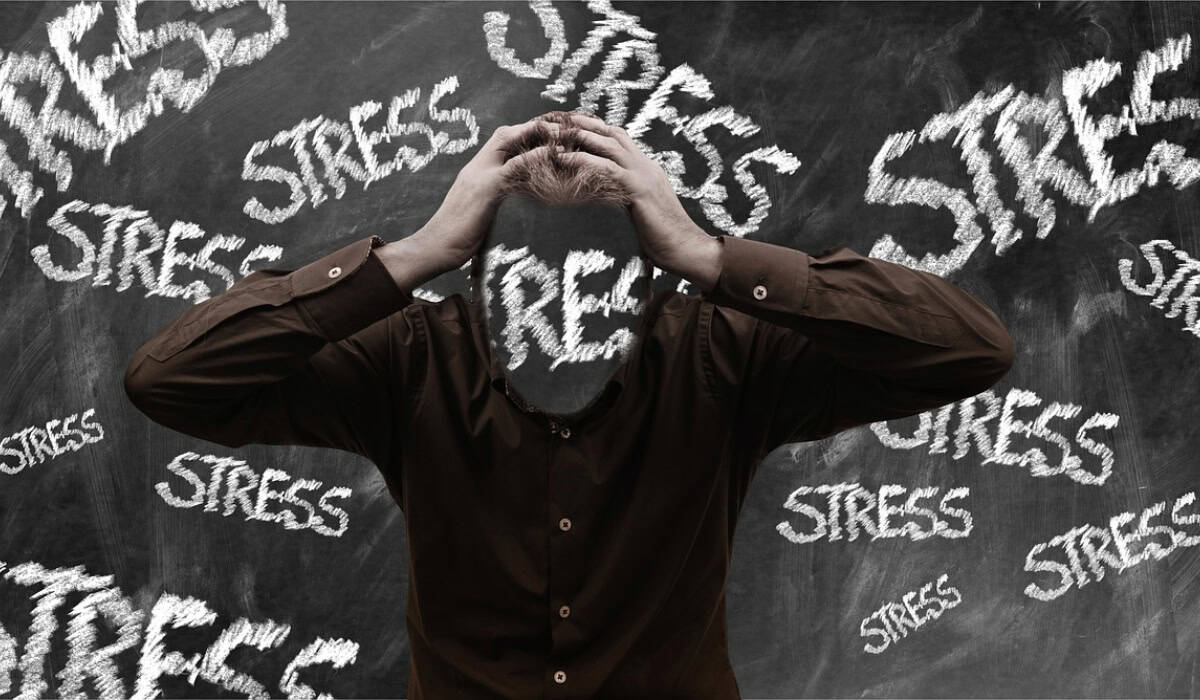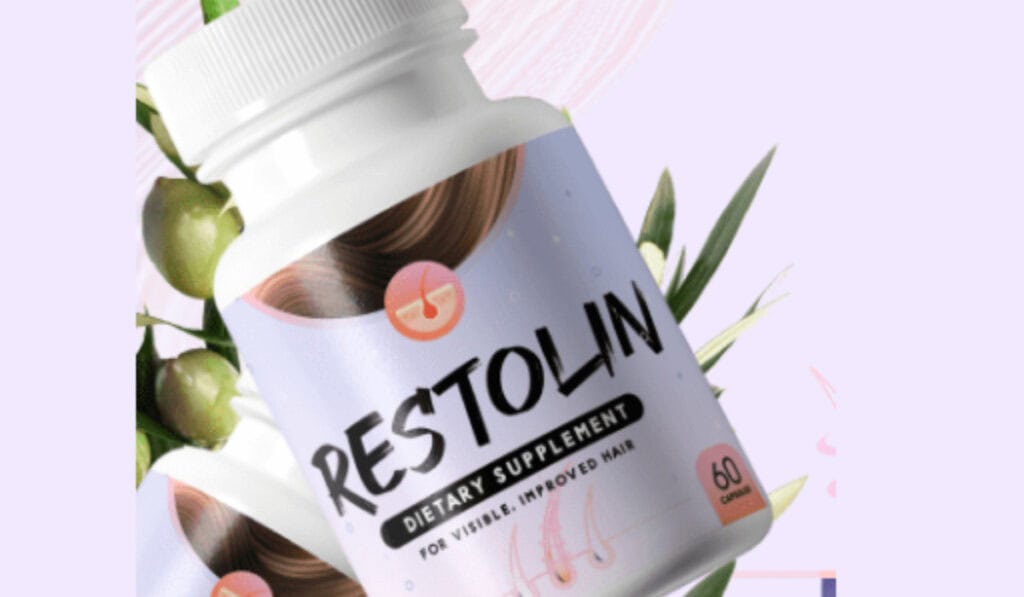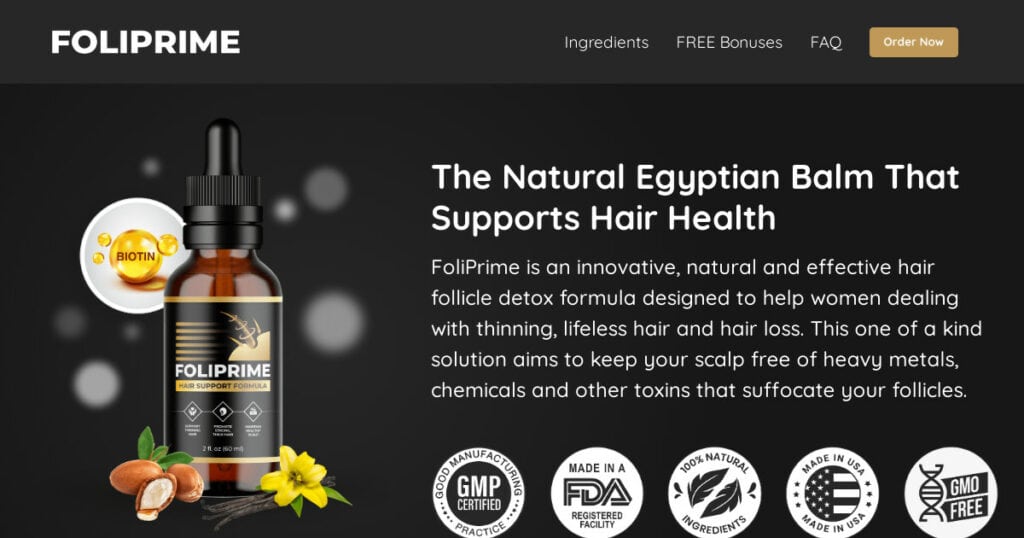Unraveling the Connection
When you’re feeling stressed or anxious, your body releases stress hormones, including cortisol, which can affect your hair’s health. This can lead to a shedding phase, where hair falls out more than usual. The connection between stress and hair loss is strong, with round patches on the scalp appearing in some cases. However, incorporating relaxation techniques and omega-3 fatty acids into your lifestyle can help manage stress levels and support hair health.
Exploring the Psychological and Physical Roots of Hair Loss
Healthy hair growth goes through cycles, including the anagen growth phase. But when you’re stressed, this cycle can be disrupted. Combing or washing can then lead to more affected hairs falling out. Stress leads to health problems that disrupt the normal transitions of the hair growth cycle, often pushing large numbers of follicles into a resting phase, which ultimately affects healthy hair growth.
Understanding How Anxiety and Stress Trigger Hair Loss
Elevated cortisol levels, a common response to stress and anxiety, can prematurely push hair into the telogen phase, a period of rest before hair falls out. This disruption can lead to noticeable hair thinning and loss, highlighting the direct link between your psychological state and hair health.
The Role of Cortisol in Hair Health
A balanced diet rich in vitamin C, vitamin E, and leafy greens can counteract the negative effects of cortisol on your hair. These nutrients support the blood supply to your hair follicles, promoting a healthy scalp and stronger hair. Keeping cortisol levels in check through a healthy diet is crucial for maintaining vibrant locks.
Chronic Stress and Its Direct Impact on Your Locks
Chronic stress doesn’t just affect your mental health; it can also reduce the blood supply to your hair follicles, weakening them over time. Practices like deep breathing can help manage stress levels and minimize its impact on your hair, preserving its strength and vitality.
The Different Hair Loss Conditions Linked to Stress
Stress can lead to several hair loss conditions, disrupting normal hair growth cycles and affecting the scalp’s health. From pushing large numbers of follicles into a resting phase to causing the body’s immune system to attack hair follicles, stress is a powerful trigger for conditions like telogen effluvium and alopecia areata, where the immune response against the hair follicles leads to hair loss.
Telogen Effluvium: Stress-Induced Hair Shedding
Telogen effluvium is marked by an excessive shedding of hair following a significant stress event. This condition occurs when stress pushes a large number of hair follicles into the telogen phase, leading to noticeable hair thinning across the scalp.
Alopecia Areata and Its Association with Stress
Alopecia areata, an autoimmune condition, creates round patches on the scalp where hair has fallen out. While the exact cause is unknown, stress is believed to be a significant trigger, leading the immune system to mistakenly attack hair follicles.
Trichotillomania: The Compulsive Response to Anxiety
Trichotillomania, driven by an irresistible urge to pull out one’s hair, is a direct response to anxiety and stress. This condition illustrates how psychological distress can manifest physically, damaging the hair and scalp over time.
Delving Deeper: The Science Behind Cortisol and Hair Cycle Disruption
The relationship between cortisol levels and hair loss is complex, involving various biochemical processes that affect the hair growth cycle. Elevated cortisol can disrupt the delicate balance required for healthy hair cycles, leading to premature hair shedding and thinning.
Cortisol Levels and Their Effect on the Hair Growth Cycle
Cortisol’s impact on the hair growth cycle extends beyond stress response—it can also influence blood sugar levels, which affects the nutrients available to your hair follicles. This disruption can lead to weakened hair health and growth.
How Elevated Cortisol Disrupts Hair Follicles
Elevated cortisol levels can wreak havoc on your hair follicles, leading to a shortened growth phase and an extended resting or shedding phase. This hormonal imbalance directly impacts the health and longevity of your hair, emphasizing the importance of managing stress for hair health.
The Symptoms and Signs of Stress-Related Hair Loss
Identifying stress-related hair loss can be challenging, as symptoms often develop gradually. However, excessive hair shedding, thinning patches, or a visible scalp can signal that stress is affecting your hair health.
Laboratory Testing for Cortisol-Induced Hair Loss
Lab tests can measure cortisol levels and assess their impact on hair health. These tests help pinpoint the role of stress in hair loss, guiding the development of targeted treatment plans.
Navigating Through Treatment Options for Stress-Induced Hair Loss
Addressing stress-induced hair loss involves a comprehensive approach, including stress management to reduce cortisol levels and support hair regrowth. Lifestyle changes, therapeutic interventions, and sometimes medical treatments can effectively manage this condition.
Lifestyle Modifications to Manage Cortisol Levels
Keeping your cortisol levels balanced is crucial for hair health. Start by focusing on maintaining stable blood sugar levels through regular, nutritious meals. This approach not only stabilizes the steroid hormone, cortisol, but also supports overall well-being. Consider regular exercise and sufficient sleep as part of your routine to further manage cortisol levels. These simple changes can make a significant difference in your stress levels and hair health.
The Importance of a Healthy Diet for Hair Regrowth
A balanced diet plays a pivotal role in nurturing your scalp and hair. Incorporating vitamin C and vitamin E can boost scalp health, leading to stronger hair. Don’t forget to add leafy greens to your meals; they’re packed with nutrients that support hair growth. This combination of vitamins and minerals from a balanced diet will provide your hair with the nourishment it needs to regrow stronger and healthier.
Effective Stress Management Techniques for Hair Preservation
Managing stress is key to preserving your hair. Techniques such as deep breathing exercises can significantly reduce stress levels. When you feel overwhelmed, take a moment to practice deep breathing, which helps calm your mind and body. Regularly including stress management practices in your routine can lead to noticeable improvements in your hair health and overall well-being.
Professional Treatment Routes
Exploring professional treatment options is a proactive step towards addressing hair loss. Specialists can offer tailored advice and treatments based on your specific condition and needs. Don’t hesitate to seek help, as professional guidance can be crucial in finding the most effective solution for your hair loss.
Psychotherapy’s Role in Addressing Hair Loss Causes
Psychotherapy can be an effective approach in tackling the root causes of stress-related hair loss. By addressing the underlying anxiety and stress, psychotherapy can help mitigate their impact on your hair health. This treatment not only aids in hair regrowth but also improves your overall mental well-being.
Medical Considerations and Interventions for Hair Regrowth
Medical interventions, such as topical treatments or supplements, can be vital in promoting hair regrowth. Consulting with a healthcare provider can help determine the most suitable options for your situation. These interventions, combined with lifestyle changes, can enhance your chances of restoring hair health.
Proactive Steps Toward a Healthier Scalp and Mind
Addressing both anxiety and stress is essential for a healthier scalp and mind. Adopting a holistic approach that includes lifestyle changes, stress management techniques, and professional guidance can significantly impact your hair health. Taking proactive steps towards managing anxiety and stress will not only benefit your hair but also improve your overall quality of life.
Adopting a Holistic Approach to Hair Health
Embracing a holistic approach to hair health involves more than just topical treatments. It means looking at the bigger picture, including your mental and physical well-being, to foster a healthier scalp and stronger hair.
Incorporating Relaxation Techniques into Daily Routines
Incorporating relaxation techniques into your daily routine can significantly reduce stress, benefiting your scalp and hair. Practices such as meditation, yoga, or even a simple walk in nature can help calm your mind and reduce the stress that affects your hair health.
Cognitive Reframing to Alleviate Stress and Promote Hair Growth
Cognitive reframing is a powerful technique to manage stress and its impact on hair health. By changing how you perceive stressful situations, you can reduce their effect on your body, including preventing bald spots. This mental shift can lead to a healthier scalp and promote hair growth.
The Experts’ Take on Stress, Hair Loss, and Recovery
Experts agree that managing stress is fundamental to combating hair loss and encouraging recovery. They recommend a comprehensive approach that includes dietary adjustments, stress management, and appropriate medical interventions. Listening to professional advice can guide you towards effective strategies for hair restoration.
Insights from Dr. Bonaros, a Leading Hair Restoration Specialist
Dr. Bonaros emphasizes the importance of addressing both the physical and emotional aspects of hair loss for a successful recovery.
Advanced Treatments and Techniques in Hair Restoration
Advancements in hair restoration offer new hope for those struggling with hair loss. Techniques such as PRP therapy and laser treatments, combined with traditional methods, provide a range of options to tailor treatment plans. These innovative solutions can significantly improve hair health and regrowth.
Building a Stronger Foundation for Hair and Mind Wellness
Cultivating a strong foundation for both hair and mind wellness requires a multifaceted approach. Incorporating a balanced diet, managing stress effectively, and seeking professional advice can pave the way for healthier hair and a happier life. This holistic approach ensures that you’re not just treating the symptoms but addressing the root causes of hair loss.
The Significance of a Balanced Diet in Preventing Hair Loss
A balanced diet is crucial in preventing hair loss and promoting regrowth. Nutrient-rich foods support hair health from the inside out, laying a strong foundation for a healthy scalp and vibrant hair.
Key Nutrients and Foods That Support Hair Growth
To nurture your hair back to health, focusing on your diet is crucial. Incorporate foods rich in omega-3 fatty acids like salmon, flaxseeds, and walnuts to moisturize your scalp from the inside out. Protein is the building block of hair, so ensure you’re getting plenty from eggs, chicken, and legumes. Don’t forget about vitamins and minerals; vitamin E in almonds and spinach boosts scalp circulation, while zinc in pumpkin seeds and beef strengthens hair follicles. By balancing your diet with these key nutrients, you’re laying the foundation for stronger, healthier hair.
The Journey Ahead: Stress, Hair Loss, and How to Win the Battle
Winning the battle against stress-induced hair loss is a journey, not a sprint. It starts with acknowledging the deep connection between your mind and body. Tackling psychological stress head-on through mindful practices like meditation, regular physical exercise, and seeking professional support can significantly reduce your stress levels. Coupled with a balanced diet and proper hair care, these steps create a solid defense against hair loss. Remember, the path to recovery is personal and requires patience, resilience, and a positive mindset.
Embracing a Comprehensive Approach to Managing Hair Loss
Addressing hair loss effectively means tackling it from all angles, including identifying and correcting nutritional deficiencies. A well-rounded diet, rich in vitamins, minerals, and proteins, supports not just your overall health but directly impacts the strength and vitality of your hair. This holistic approach ensures your body has the necessary resources to combat stress and promote hair regrowth.
The Role of Community and Support in Overcoming Stress-Related Hair Loss
Never underestimate the power of community and emotional support in overcoming stress-related hair loss. Sharing your experiences and struggles with others facing similar challenges can provide comfort and insights. Support groups, whether online or in person, offer a safe space to exchange tips, encouragement, and personal stories. This solidarity can significantly lighten the emotional load of hair loss, making the journey towards recovery a shared, rather than solitary, endeavor.
The Final Strand: Understanding and Overcoming Stress-Induced Hair Loss
Understanding stress-induced hair loss, including conditions like androgenetic alopecia, which affects both men and women, is the first step toward overcoming it. While men may experience male pattern baldness, women can also suffer significant hair thinning. Knowledge is power; recognizing the signs early on and seeking appropriate treatments can halt the progression. Embracing a holistic approach that addresses both the physical and emotional aspects of hair loss can lead to effective management and recovery.
Summarizing Key Insights and Moving Forward
A pilot study can be a beacon, highlighting the importance of early intervention and comprehensive treatment strategies. As we move forward, let these insights guide us toward more informed decisions and actions in our battle against hair loss.
Empowering Yourself Through Knowledge and Action
Empowerment comes from understanding the intricacies of how stress impacts hair health and taking decisive action. By educating yourself on the nutrients vital for hair growth and adopting stress management techniques, you’re taking control. Remember, the journey towards regaining your hair’s health is a marathon, not a sprint. With each step, you’re not only nurturing your hair but also strengthening your resolve against stress.





